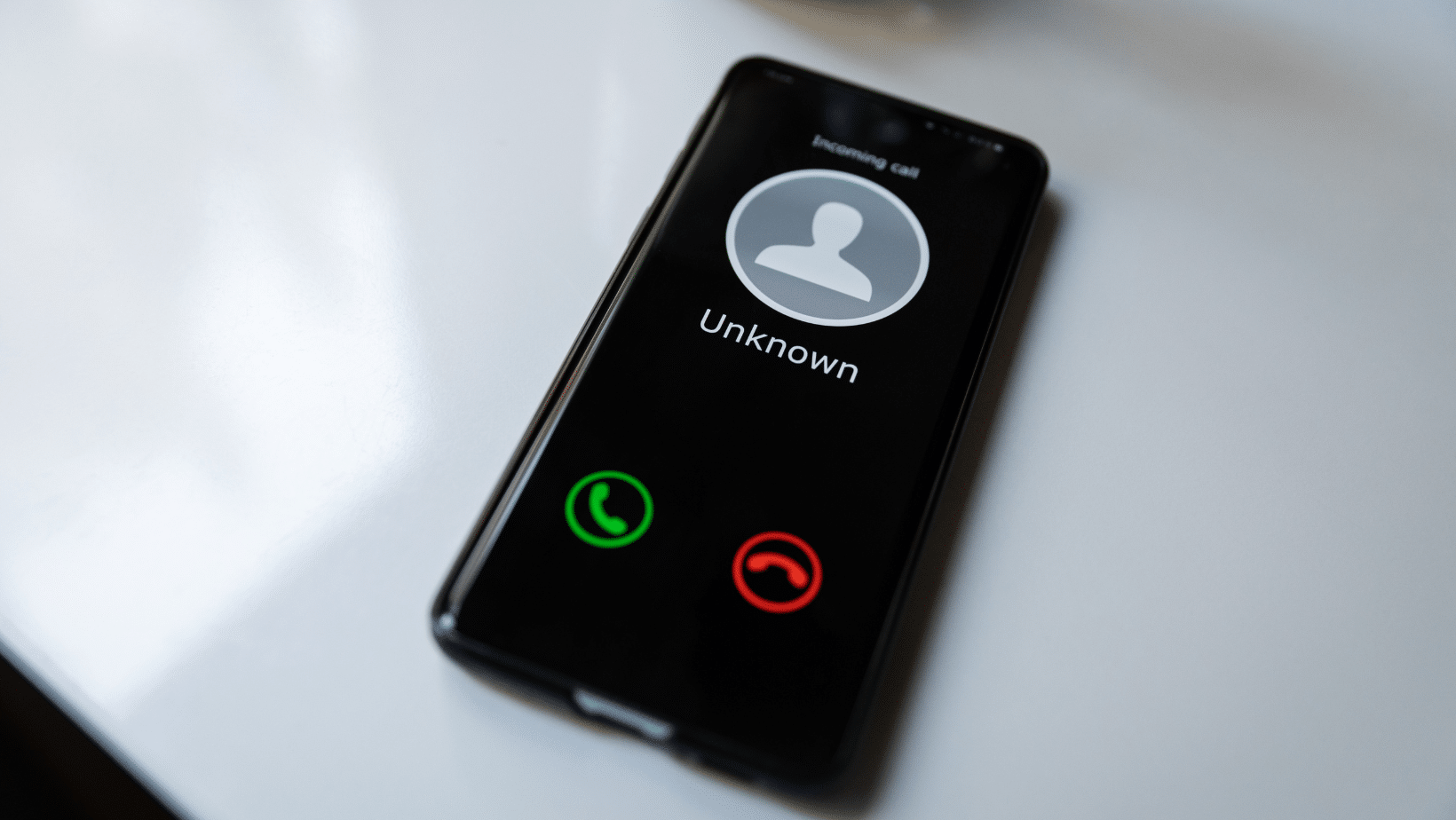
14 Jul Spam calls aren’t just annoying, they’re dangerous for your business
How bot calls and junk mail present serious risk to everyone
It’s been a long time since the “congratulations, you won!” spam messages, when the earliest days of the internet were littered with unstoppable pop ups and junk email.
Nowadays, faster speeds and bot-attacks have created an empire of electric garbage, littering not just our inboxes, but our voicemail too. The international contagion with which spam calls have polluted every phone’s voicemail is startling, and while the FCC is gradually working on putting as many controls as possible in place to diverge the tide, Americans will easily experience over 40 billion robocalls in 2022 alone.
While the amount has steadily decreased since 2019 (58 billion spam calls), it’s still a major concern. In 2020, the FCC estimated consumers were dealing with 4 billion spam calls a month. It’s annoying, anxiety-inducing, and even dangerous. Spam messages are out to siphon information or get money from the recipient, so it warrants concern.
The dangers of spam calls
A general joke of today relates to the infamous “auto-insurance” spam voicemail, which is delivered to millions of people with different messages, at different times. But, joking aside, it doesn’t shortchange the danger involved with a seemingly annoying call.
Again, spam calls seek personal information of any kind. It could be your name, address, additional contact number(s), and even personal credentials like bank details or social security numbers if you aren’t careful. With that information, data mines can sell it to dark markets or even malicious parties to do with as they please. That could be anything from signing you up for more spam offers, or, potentially shoving you into a phishing schema campaign. Said schema result in serious financial loss if it gets bad enough (and it does), so this goes well beyond a simple nuisance.
For a business, the danger expands. Spam calls and vishing are ruthless when targeting an enterprise. Often, they seek workers to steal info from which will, one, interrupt productivity, and two, potentially loosen business data for malicious purposes.
What’s being done about it?
The reality is, spam calls are an international escapade. Not all of them originate within the US, and it’s that core reason why spam calls have been so effective. The FCC is working towards various solutions, but it’s not foolproof.
One such solution is the Stir/Shaken method. The idea is to mark calls as “legitimate” when part of interconnected phone networks, and therefore, can be signed as valid (instead of spam). It isn’t perfect and spammers utilize workarounds, but it’s a key part of destabilizing the vast tidal waves of bot emails and junk we deal with on a daily basis.
What can I do to avoid spam calls?
Your business has to be extra cautious when it comes to junk calls. They are literally costly to your operations, since they waste production time. And, for the reasons mentioned, they can ensnare your organization in bigger scam models.
The “good” news is, detecting and deflecting spam calls works quite similarly to zero-trust policies. If you don’t recognize it, don’t engage with it (until verified).
Essentially, any number you don’t recognize, ignore it and let it go to voicemail. After all, if it is legitimate and important, a message will be left. Sometimes spammers do leave messages, often relating to things like “late payments” or other serious financial issues. But once again, don’t engage with the call unless you know the number or are expecting a call at a certain time.
Also, keep a few other safety tips in minds:
- Scammers take advantage of local number listings to appear legitimate
- Be wary of impersonators from companies you do business with
- If claims are made about account details and inaccuracies, contact the company in question first
- Bot calls employ robots or automated messages before proceeding, such as asking you to press a number to continue
While the rate of spam calls is decreasing, it’s still a severe amount that warrants caution and concern. The FCC and new regulatory actions aim to address the source of spam calls, but until then, practice zero-trust with unfamiliar numbers.
For more information about securing your network, contact Bytagig today.
Share this post:

Sorry, the comment form is closed at this time.